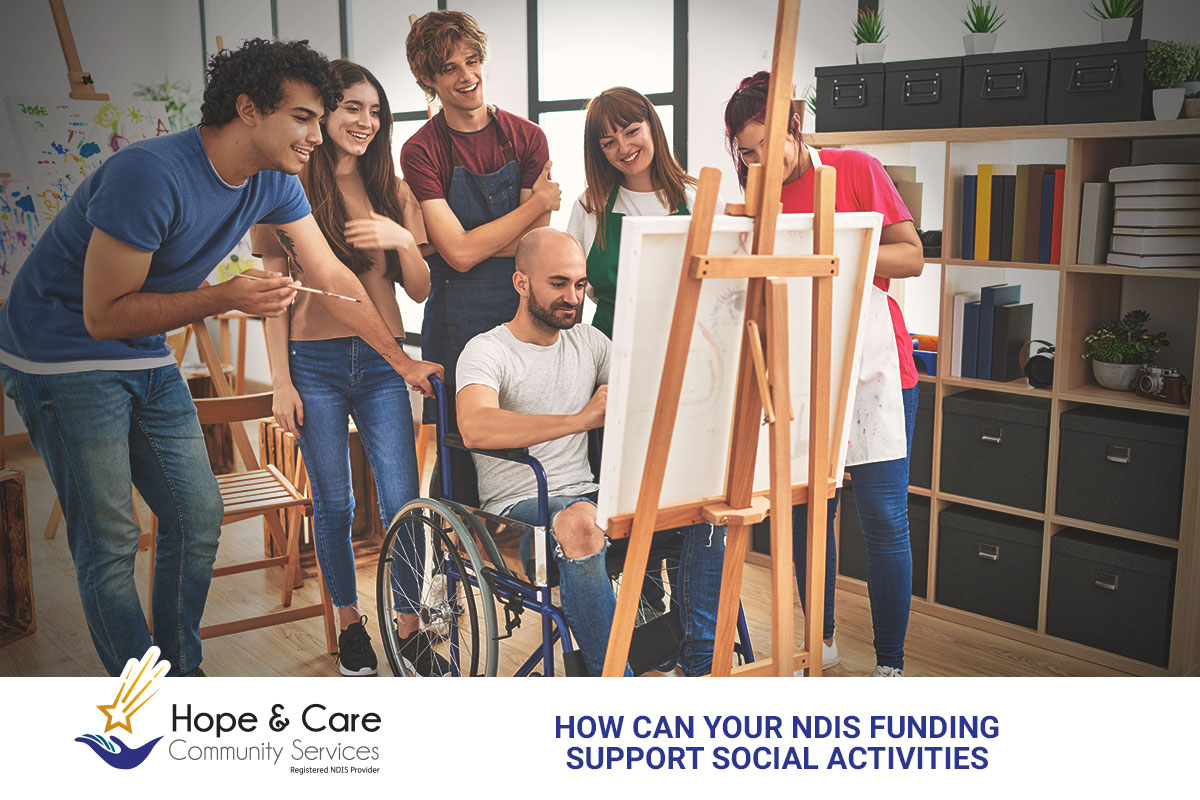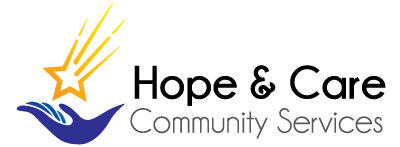
The National Disability Insurance Scheme (NDIS) is designed to support Australians with disability to live more independently and participate actively in their communities. One key area of support is social and recreational activities, which play an essential role in improving wellbeing, building confidence and developing life skills.
Whether you are interested in attending a local music class, joining a sports team, or participating in community events, your NDIS plan may include the supports you need to get involved.
In this article, we explain how your NDIS funding can support social and recreational activities, what’s included and how to make the most of these supports.
What Are NDIS Social and Recreational Supports?
Social and recreation activities are everyday activities that help you enjoy life, stay connected and maintain good mental and physical health. The NDIS may fund the extra help you need to access and enjoy these activities because of your disability.
Activities can include:
- Visiting family or friends
- Playing sports or joining fitness groups
- Attending art, dance, or music classes
- Going to the movies, library, or local market
- Participating in yoga or meditation
- Joining clubs or social groups
- Learning a new skill or hobby
NDIS social and recreation supports aim to reduce barriers and make these experiences more accessible and enjoyable.
What Kind of Support Can NDIS Fund?
The NDIS can fund the support you need to take part in these activities, when that support is directly related to your disability. This may include:
- A support worker to assist you during the activity
- Transport assistance if you cannot use public transport and do not have other reasonable options
- Short-term support to help you start a new activity and gain confidence
- Ongoing support to assist you in regularly attending activities
- Skill development programs that help you participate more independently
- Specialist or adaptive equipment, such as communication tools or modified seating
These supports must meet the NDIS funding criteria, meaning they must be reasonable and necessary, safe, cost-effective and clearly related to your disability.
What Is Not Covered by the NDIS?
While the NDIS funds the support you need to participate, it does not cover the basic costs of the activity itself these are considered everyday living costs.
The NDIS does not cover:
- Entry fees, memberships, or ticket costs
- Equipment that others are expected to provide themselves, like a standard tennis racket
- Participation in professional or elite-level competitions
- Parent supervision where it would be considered typical for children
If you are unsure whether an activity or support is covered, your support coordinator or NDIS contact can help you understand what’s included in your plan.
How to Access Social and Recreational Supports Through Your Plan
To use your NDIS funding for social and recreational activities, the support must be listed in your plan. Here’s how to start:
Connect the Support to Your Goals
Your plan must include goals that relate to social participation. For example:
- “I want to meet new people through a community group.”
- “I want to try new hobbies to build confidence and independence.”
Provide Supporting Evidence
If you need extra support to attend these activities, you may need to provide reports from allied health professionals that explain how your disability affects your ability to participate.
Speak with Your Support Coordinator or LAC
They can help you explore local options, connect with inclusive programs and organise the necessary supports. They will also help you manage your budget and ensure you stay within funding limits.
Make Sure the Support Is Reasonable and Necessary
The NDIS will review whether the support is value for money, directly related to your disability and not more appropriately provided by other services.
Examples of Funded Supports in Practice
Jo enjoys live music but needs assistance to attend gigs. A local community group connects Jo with a volunteer who shares similar interests. The NDIS may fund support if Jo requires assistance with mobility or communication to participate in these outings.
Adeem is a teenager who uses a wheelchair and wants to join a robotics group at the library. The library has already made reasonable adjustments by providing accessible spaces. However, Adeem needs a support worker to help transfer in and out of his chair during the session. The NDIS can fund this additional support.
These examples show how the NDIS can reduce barriers and help people with disability engage in the activities they love.
Which Budgets in Your Plan Cover Social Participation?
Most social and recreational supports are funded from your Core Supports budget, specifically under the “Assistance with Social and Community Participation” line item.
If you are working on developing new skills or building independence to participate socially, you may also receive funding through your Capacity Building Supports.
For assistive technology or adaptive equipment, your plan may include funding in the Capital Supports budget.
If you are unsure which category applies, speak with your support coordinator or plan manager to confirm where funding should come from.
How to Maximise Your Social Supports
To get the most out of your social and recreational supports, follow these steps:
- Clearly define your goals: Make sure your plan reflects your personal interests and participation goals
- Stay informed: Understand what is and is not covered under the NDIS
- Explore your community: Look for inclusive clubs, classes and events near you
- Use your supports flexibly: Many social activities can be supported through existing funding
- Track your progress: Reflect on how these supports help you build confidence and independence
If your needs change or your funding feels insufficient, you can request a plan reassessment.
Conclusion: Social Inclusion Is a Right, Not a Privilege
Social and recreational activities are more than just leisure they help you feel included, valued and connected. With the right support, you can enjoy everything your community has to offer and work towards personal goals that matter to you.
The NDIS gives you the flexibility to build the kind of life that includes fun, friendship and freedom and we are here to support you every step of the way.
At Hope & Care Community Services (HCCS) as a trusted NDIS provider, we support NDIS participants in Queensland to live independently, confidently and socially Let’s work together to turn your NDIS goals into everyday experiences that enrich your life.
Want to learn more? Read other articles :
- Redefine Independence your own way – with HCCS
- Who’s Who: The Key Terms of Your NDIS Plan
- Foundational Supports: Building Blocks of NDIS Success
HCCS is a registered NDIS provider. Learn more about our services.
♥ We are available in Brisbane! – Our team is just a call away!
